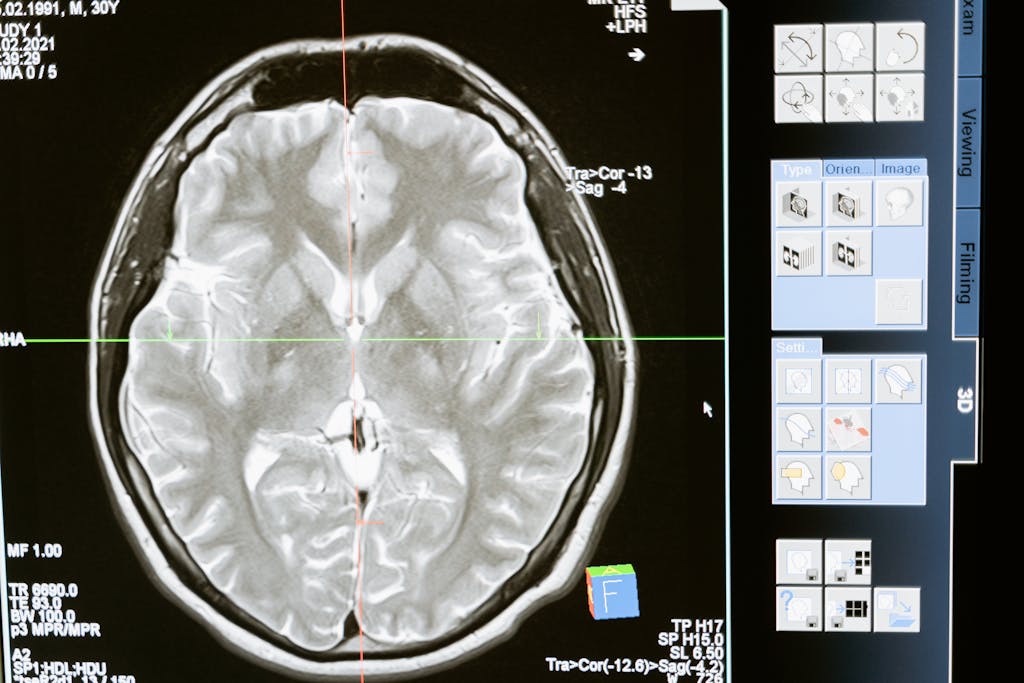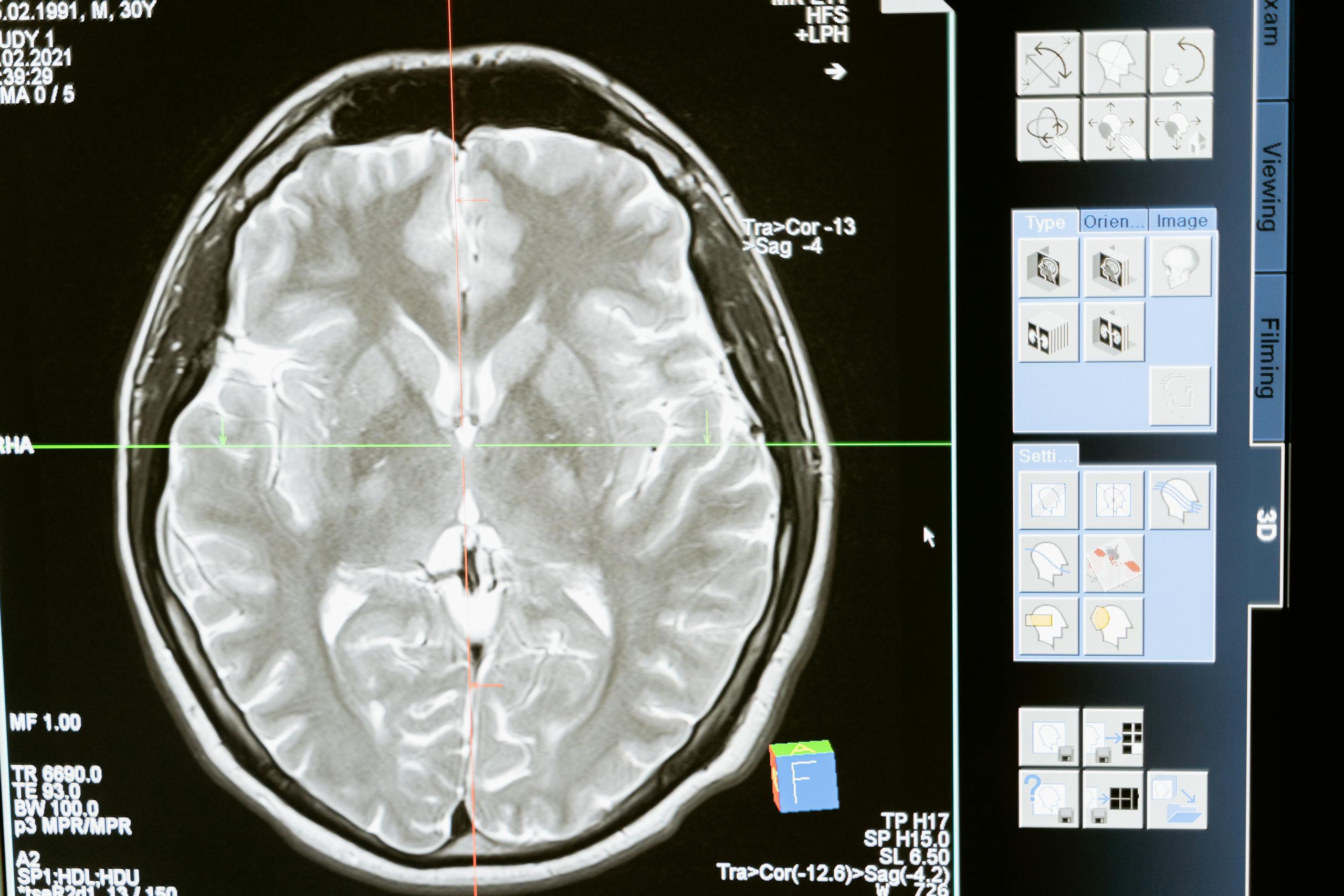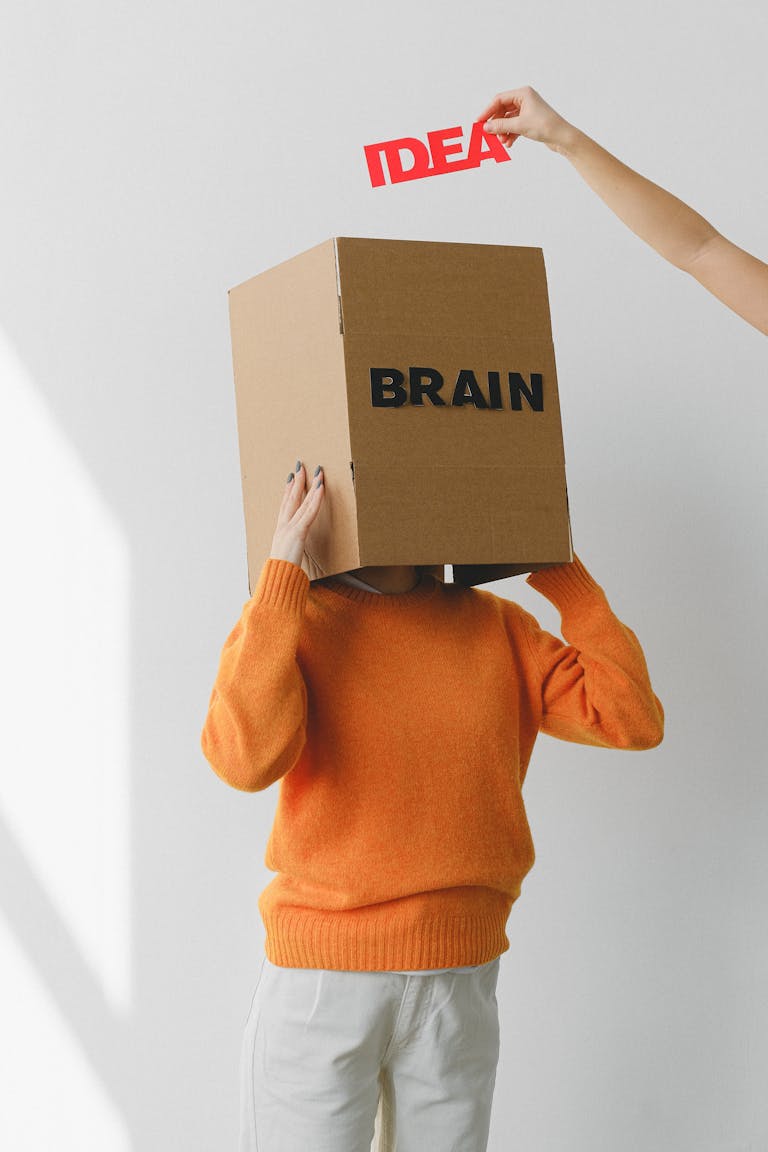Understanding Cognitive Decline: Early Signs and Prevention Strategies
Introduction
For many people, the idea of cognitive decline—a gradual decline in cognitive skills like memory, concentration, and problem-solving—can be frightening. Although cognitive decline is frequently linked to aging, it is not a necessary aspect of aging. Mental health and general well-being can be greatly impacted by identifying early warning signs and implementing preventive strategies into practice. This article explores the nuances of cognitive decline, its warning signs, and science-backed strategies to preserve cognitive function.

Understanding Cognitive Decline
When the brain’s capacity to process, store, and retrieve information worsens, cognitive decline occurs. It can include more serious disorders like dementia as well as mild cognitive impairment (MCI). MCI is a risk factor for Alzheimer’s disease and other dementias, even if it might not substantially affect day-to-day functioning. Numerous factors, such as genetics, lifestyle, and environmental exposures, might contribute to cognitive deterioration.
Nearly 55 million individuals worldwide suffer from dementia, and by 2030, that number is expected to increase to 78 million, according to the World Health Organisation (WHO, 2021). Reducing the effects of cognitive decline on people and society requires early detection and preventative actions.
5 Early Signs of Cognitive Decline
Recognizing early signs is essential for timely intervention. Some common indicators include:
- Memory Loss
Forgetting recent events, appointments, or conversations can be an early symptom. While occasional forgetfulness is normal, persistent memory issues may signal MCI. - Difficulty Planning or Problem-Solving
Struggling with tasks that require concentration, such as managing finances or following recipes, can indicate declining cognitive abilities. - Disorientation
Losing track of dates, seasons, or locations may be an early warning sign of cognitive decline. - Language Problems
Difficulty finding the right words, following conversations, or understanding context can be indicative of cognitive issues. - Changes in Mood or Behaviour
Increased irritability, depression, or withdrawal from social activities may also point to early cognitive decline.
5 Risk Factors for Cognitive Decline
Understanding the risk factors helps in identifying individuals who might be more susceptible. Key factors include:
- Age: Aging remains the most significant risk factor.
- Genetics: A family history of Alzheimer’s or other dementias increases the likelihood.
- Lifestyle: Lack of physical activity, poor diet, and chronic stress are contributors.
- Health Conditions: Cardiovascular diseases, diabetes, and obesity negatively impact brain health.
- Environmental Factors: Exposure to toxins or pollutants can accelerate cognitive decline.
6 Prevention Strategies for Cognitive Decline
Preventing cognitive decline involves adopting the lifestyle and behavioural strategies that support brain health. Here are six evidence-based approaches:
1. Stay Physically Active
Regular physical exercise enhances blood flow to the brain and supports neuroplasticity. A study by Erickson et al. (2019) found that aerobic exercise significantly improves cognitive function in older adults.
2. Adopt a Brain-Healthy Diet
Diets rich in antioxidants, healthy fats, and vitamins, such as Mediterranean or DASH diets, have been linked to reduced cognitive decline. According to Morris et al. (2015), the MIND diet, a hybrid of these diets, lowers Alzheimer’s risk by up to 53%.
3. Engage in Cognitive Training
Activities like puzzles, memory games, and learning new skills stimulate the brain. Research by Lampit et al. (2020) shows that cognitive training programs enhance memory and executive function in older adults.
4. Manage Stress Levels
Chronic stress can impair memory and learning. Mindfulness practices, such as meditation and yoga, are proven to reduce stress and support cognitive health (Goyal et al., 2014).
5. Prioritise Quality Sleep
Sleep is essential for memory consolidation and toxin removal in the brain. Sleep disturbances are linked to a higher risk of cognitive decline (Ju et al., 2017).
6. Maintain Social Connections
Social engagement stimulates cognitive function and emotional well-being. A longitudinal study by Holwerda et al. (2014) found that loneliness increases dementia risk.
Innovative Therapies and Research
Promising strategies for preventing cognitive decline are being offered by emerging research. Better prevention and therapy are becoming possible thanks to developments in pharmacology, brain stimulation methods, and neuroplasticity-based therapies.
Transcranial direct current stimulation (tDCS), for example, has demonstrated potential in enhancing working memory (Hill et al., 2020). Similarly, personalized medicine approaches using genetic testing and biomarkers are advancing early detection.
The Role of Mental Health in Cognitive Decline
Cognitive function is greatly impacted by mental health. Chronic stress, anxiety, and depression are risk factors for cognitive decline. Addressing these mental health issues through therapy, medication, or support groups can mitigate their effects on the brain.
Informing patients about cognitive health, encouraging proactive measures, and providing specialized interventions are all essential responsibilities of therapists and other medical professionals.
Conclusion
Although it is a major public health concern, cognitive decline is preventable. The likelihood and effects of cognitive impairment can be considerably decreased by identifying symptoms early and putting preventative strategies into place. People can preserve cognitive vitality far into old age by maintaining an active lifestyle, eating food that is good for the brain, controlling stress, and building social relationships.
Getting professional guidance is crucial for people who are at risk or who are currently experiencing cognitive impairment. We now have more tools than ever before to protect mental health because of research developments and a better knowledge of brain health. Making cognitive health a priority now can result in a better, happier future.
References
Erickson, K. I., Gildengers, A. G., & Butters, M. A. (2019). Physical activity and brain plasticity in late adulthood. Dialogues in Clinical Neuroscience, 15(1), 99–108.
Goyal, M., Singh, S., Sibinga, E. M. S., Gould, N. F., Rowland-Seymour, A., Sharma, R., … & Haythornthwaite, J. A. (2014). Meditation programs for psychological stress and well-being. JAMA Internal Medicine, 174(3), 357–368.
Hill, A. T., Fitzgerald, P. B., & Hoy, K. E. (2020). Effects of Anodal Transcranial Direct Current Stimulation on Working Memory: A Systematic Review and Meta-Analysis of Findings From Healthy and Neuropsychiatric Populations. Brain Stimulation, 9(2), 197–208.
Holwerda, T. J., Deeg, D. J., Beekman, A. T., Van Tilburg, T. G., Stek, M. L., Jonker, C., & Schoevers, R. A. (2014). Feelings of loneliness, but not social isolation, predict dementia onset: results from the Amsterdam Study of the Elderly (AMSTEL). Journal of Neurology, Neurosurgery & Psychiatry, 85(2), 135–142.
Ju, Y. S., Lucey, B. P., & Holtzman, D. M. (2017). Sleep and Alzheimer disease pathology—A bidirectional relationship. Nature Reviews Neurology, 10(2), 115–119.
Lampit, A., Hallock, H., & Valenzuela, M. (2020). Computerized cognitive training in older adults: a meta-analysis. PLoS Medicine, 11(1), e1001756.
Morris, M. C., Tangney, C. C., Wang, Y., Sacks, F. M., Barnes, L. L., Bennett, D. A., & Aggarwal, N. T. (2015). MIND diet associated with reduced incidence of Alzheimer’s disease. Alzheimer’s & Dementia, 11(9), 1007–1014.
World Health Organization. (2021). Dementia fact sheet. Retrieved from WHO website.







